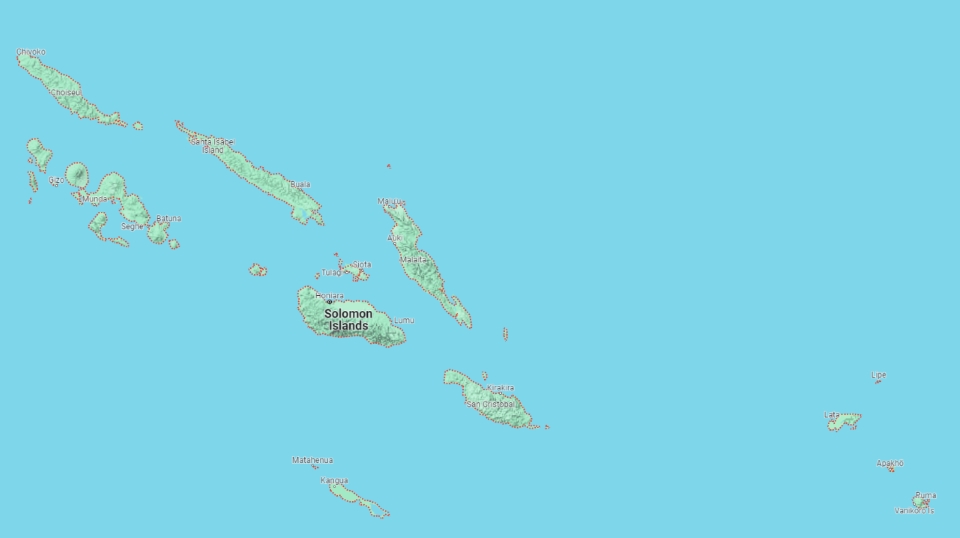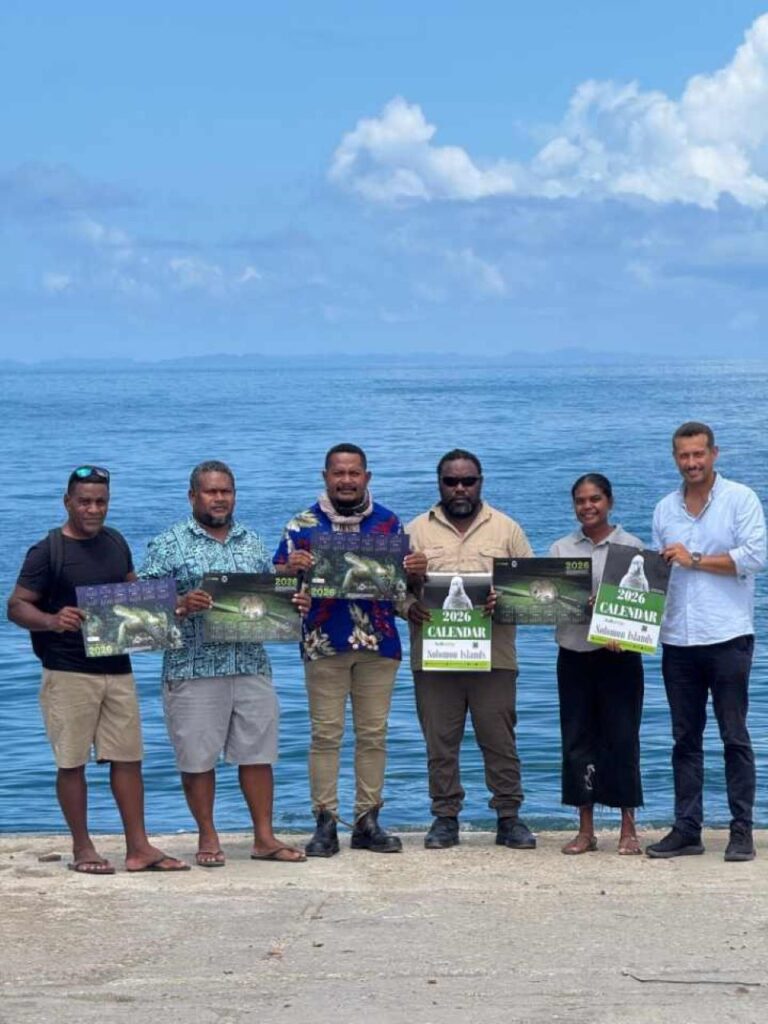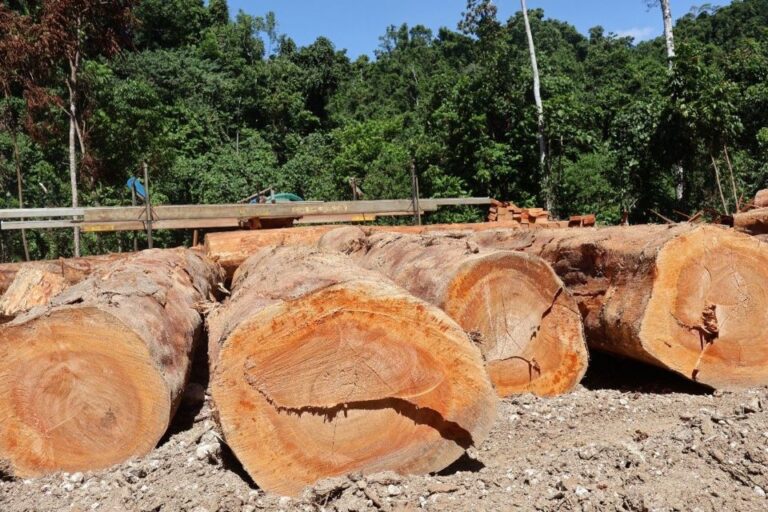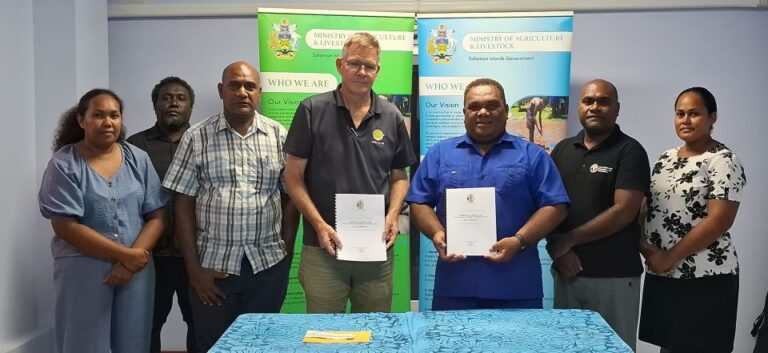THE Honourable Minister for the Ministry of Agriculture and Livestock (MAL) Franklyn Derek Wasi has outlined top priorities he plans to achieve with the support of his staff during his tenure in office to boost the development of agriculture sector in the country.
Hon. Minister Wasi said the essential priorities aim to unlock the full potential of Solomon Islands’ agriculture and livestock industries, improving livelihoods, enhancing food security, and contributing to the nation’s sustainable development.
He said farmers form the backbone of the agriculture sector and the economy. Yet they continue to face numerous challenges in terms of resources and market access. So, as the new Hon. Minister of Agriculture he said he will prioritise policies and programs that will empower them (farmers).
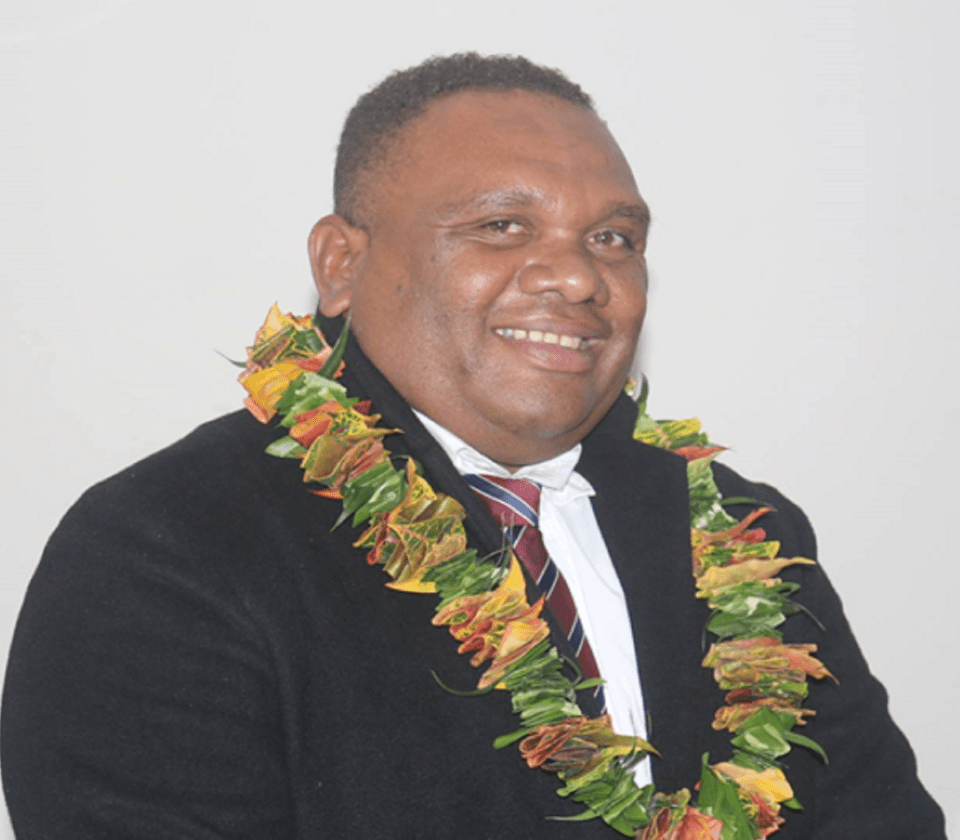
“I want to see agriculture as an engine for the economic growth of this country and I believe this can be achieved through establishing proper and efficient regulatory frameworks for the agriculture sector.”
“Of course, it is a hard-hitting step to take, but I believe in partnership and such improvement could be championed through close collaboration with stakeholders and partners across the agriculture sector.
A number of priorities that Minister Wasi and his staff want to achieve in the coming months and years toward advancing the agriculture sector include:
- Enhanced support for smallholder farmers.
- Invest in research and development by re-establishing the national agriculture research centre.
- Smart agriculture to enhance climate resilience and adaptation.
- Market access and value addition.
- Capacity building and reviving the extension services.
- Public-private partnerships.
- Support for commercial farmers
- Revisit farm cooperatives to address volume for export
- Infrastructure for agriculture
- Support for profitable Agribusiness entrepreneurships
On enhanced support for smallholder farmers Hon. Minister Wasi said “smallholder farmers form the backbone of our agriculture sector, yet they often face numerous challenges in accessing resources, markets, and technical assistance” adding under his leadership, MAL will prioritize policies and programs that will empower smallholders, providing them with greater access to credit, inputs, extension services, and market linkages.
“Innovation is critical to the long-term sustainability and competitiveness of our agriculture sector. MAL intends to prioritize investment in research and development, fostering collaboration between government, academia, and the private sector to develop and adopt cutting-edge technologies and practices that improve productivity, resilience, and environmental sustainability,” he said.
On climate resilience and adaptation, he said “Solomon Islands are particularly vulnerable to the impacts of climate change, including extreme weather events, sea-level rise, and shifting rainfall patterns” and as the new Minister for agriculture, he said his ministry is committed to implementing climate-smart agriculture practices that enhance the resilience of our farming systems, protect natural resources, and mitigate greenhouse gas emissions.
“Access to markets, both domestic and international, is also crucial for the economic viability of our agriculture sector. With the support of my staff, we will work to strengthen market linkages and improve infrastructure, logistics, and quality standards to facilitate the movement of agricultural products from farm to market. Also, MAL will promote value addition and agro-processing to increase the profitability of agricultural enterprises and create employment opportunities.”
On capacity building and extension services, he said “Knowledge is power, and MAL recognises the importance of providing farmers with the skills, information, and training they need to succeed. I will make sure my ministry invests in extension services, farmer training programs, and agricultural education to build the capacity of our farming communities and promote best practices in agronomy, livestock management, and agribusiness.”
About public-private partnerships Hon. Minister Wasi said “Collaboration between the public and private sectors is essential for driving innovation, investment, and growth in the agriculture sector. Under my leadership, the ministry will seek to foster partnerships with private enterprises, NGOs, and development agencies to leverage resources, expertise, and networks for the benefit of our farmers and rural communities.”
Prior to taking up the helm as new Minister for Agriculture following his successful election for East Makira Constituency, Hon. Minister Wasi has since engaged in numerous consultancy work and has a colourful work history. Positions held included:
- National Project Coordinator for Capacity Building in Multilateral Environmental Agreements (MEAs) in Africa, the Caribbean, and the Pacific (ACP) Countries – PHASE III (ACP MEAS III) from March 2022 to March 2024,
- Lecturer at the Faculty of Agriculture, Fisheries & Forestry, Solomon Islands National University (SINU) from February 2020 to April 2022,
- Chief Planning Officer (Projects) of MAL from January 2018 to December 2018,
- Principal Planning Officer (Soils/Projects) of MAL from July 2016 to December 2017,
- Technical Land Use Planning Officer of the United Nations Development Programme (Adaptation Fund-SWoCK Project) from March 2015 to June 2016
- Part-Time Teaching Assistant at the University of the South Pacific Solomon Islands Campus from July 2012 to May 2015,
- Part-Time Lecturer at the School of Natural Resources and Applied Sciences, Solomon Islands National University (SNRAS/SINU) from February 2012 to November 2014.
He holds a Degree of Master of Agriculture in Food Security and Agricultural Development (Distinction) from Kyungpook National University at the Republic of Korea in 2020.
Meanwhile, Permanent Secretary Dr. Samson Viulu said he looks forward to working closely with his Hon. Minister and supporting him (Minister) as the lead reformer in all of the outlined priorities.
Source: MAL Media

